Reasons People Move Back to the Mainland
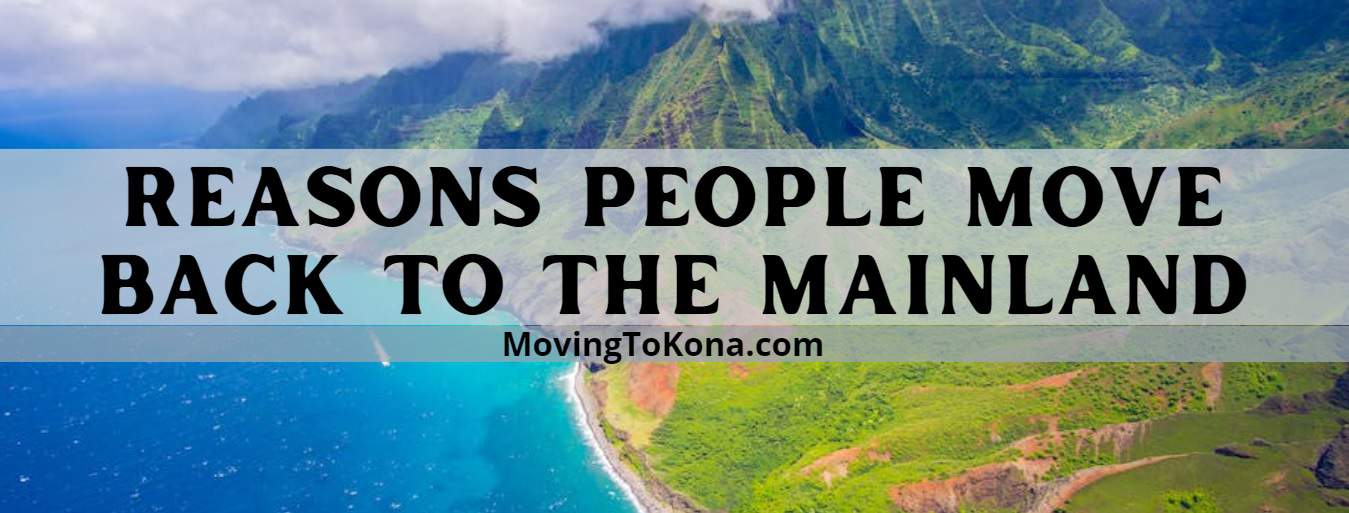
Reasons People Move Back to the Mainland
Surprisingly, a number of people who move to Hawaii find out that it’s not for them and end up moving back to the mainland rather quickly. People may move back to the mainland from Hawaii due to a variety of reasons, but some common factors include the high cost of living in Hawaii, limited job opportunities, homesickness, and the desire to be closer to family and friends on the mainland.
The cost of living in Hawaii is significantly higher than on the mainland, and this can make it difficult for some individuals and families to make ends meet. Additionally, some people may feel isolated or homesick while living in Hawaii, and may wish to return to their hometowns or be closer to loved ones. Others may move back to the mainland for better job prospects or to pursue educational opportunities. Below are a list of reasons that people end up moving back to the mainland.
1. High Cost of Living
One reason why some people choose to move from Hawaii to the mainland is due to the high cost of living in Hawaii. The cost of living in Hawaii, including housing, food, and transportation, is significantly higher than on the mainland.
Housing, in particular, is a major expense in Hawaii. The state’s limited land availability and high demand for housing contribute to higher prices for homes and apartments. In addition, utilities such as electricity and water are also more expensive in Hawaii due to the state’s reliance on imported oil and other resources.
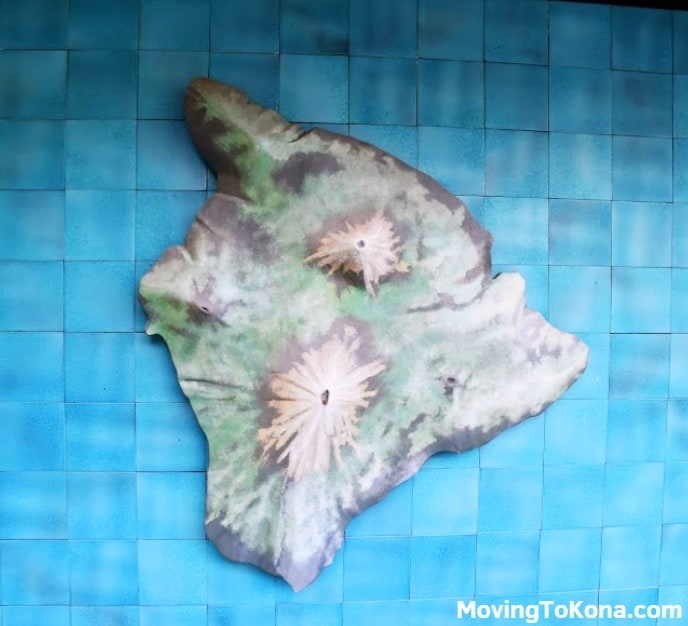
The high cost of living in Hawaii can make it difficult for some families and individuals to make ends meet, especially for those who are living on fixed incomes or working in lower-paying jobs. As a result, some people may choose to move to the mainland where the cost of living is generally lower and the job market may offer more opportunities.
However, it is important to note that while the cost of living on the mainland may be lower overall, it can vary significantly depending on the location. Some cities and regions on the mainland, particularly in coastal areas, may have a similar or even higher cost of living compared to Hawaii.
Overall, the high cost of living in Hawaii is a significant factor that may lead some people to consider moving to the mainland, but it is important to carefully consider all of the factors involved before making a decision to relocate.
2. Limited Job Opportunities
Another reason why some people choose to move from Hawaii to the mainland is the limited job opportunities, particularly outside of the tourism industry. While tourism is a significant part of Hawaii’s economy, other industries such as healthcare, education, and government are also important employers.
However, job opportunities outside of the tourism industry may be limited, especially in certain fields or on specific islands. In addition, the high cost of living in Hawaii may make it difficult for some businesses to operate, leading to fewer job opportunities.
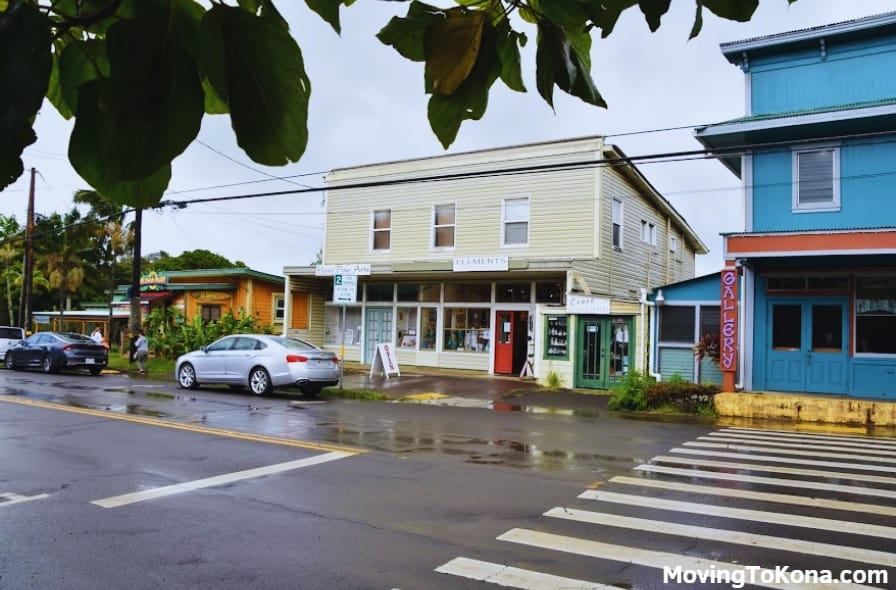
For those with specialized skills or professions, it may be particularly challenging to find suitable employment opportunities in Hawaii. As a result, some people may choose to move to the mainland where there may be more job opportunities in their field.
However, it is important to note that the job market can vary significantly depending on the location on the mainland, and job opportunities may not necessarily be more abundant everywhere. It is important to research the job market and consider all factors before making a decision to relocate.
Overall, limited job opportunities can be a significant factor for some people who choose to move from Hawaii to the mainland, particularly if they are seeking greater job security or more opportunities to advance their careers.
3. Island Fever
Another reason why some people may choose to move from Hawaii to the mainland is the feeling of being isolated or confined to a small area. While Hawaii’s beauty and natural attractions are a major draw for many, some people may find it challenging to adjust to living in a relatively small and isolated place.
Hawaii’s remoteness and distance from the mainland can make travel to other parts of the country or world more difficult and expensive, which can be a deterrent for some. Additionally, living on an island can create a sense of isolation, especially if one feels disconnected from the local community or has trouble making social connections.
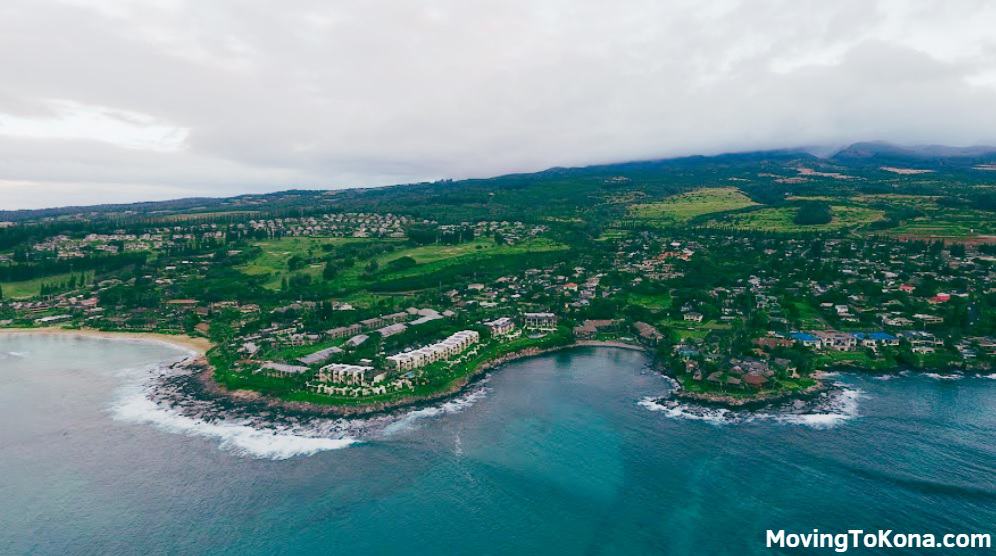
The feeling of being confined to a small area can also be a factor for some people, especially if they are used to living in larger or more diverse urban environments. Hawaii’s small population and limited land area can create a sense of claustrophobia for some, who may prefer the more expansive and diverse landscapes of the mainland.
It is important to note that not everyone feels isolated or confined living in Hawaii, and many people find a strong sense of community and connection to the land and culture. However, for those who do struggle with these feelings, moving to the mainland may offer a greater sense of freedom and flexibility in terms of travel and lifestyle choices.
4. Distance from Family and Friends
Another reason why some people may choose to move from Hawaii to the mainland is the distance from family and friends. While Hawaii’s beauty and lifestyle may be appealing, the distance from loved ones can be a significant challenge for some.
Living on an island in the middle of the Pacific Ocean can make travel to the mainland or other parts of the world more difficult and expensive. This can make it challenging to visit family and friends who live outside of Hawaii or to attend important life events like weddings, funerals, or reunions.
Additionally, the time difference between Hawaii and the mainland can make it challenging to stay in touch with loved ones, especially if one’s schedule does not align well with the time difference. This can create feelings of loneliness and isolation, which may be compounded by the distance from friends and family.
For some, the distance from loved ones may be a significant factor in their decision to move from Hawaii to the mainland. Moving closer to family and friends can offer a sense of connection and support that may be difficult to find when living far from loved ones.
5. Limited Resources
Another reason why some people may choose to move from Hawaii to the mainland is the limited availability of resources. While Hawaii is known for its natural beauty and unique culture, it can also be challenging to find certain goods or services on the islands.
For example, Hawaii’s isolation in the middle of the Pacific Ocean can make it more difficult and expensive to import certain goods, resulting in higher prices and limited availability. This can include everything from food and household goods to specialized medical care or educational resources.
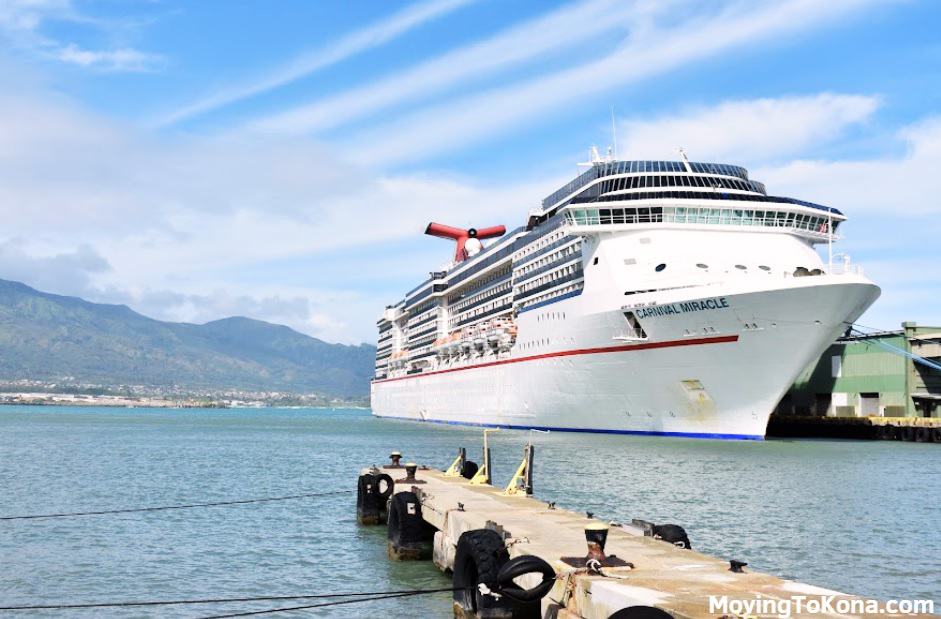
Moreover, some services or resources that are commonly available on the mainland may not be as readily accessible in Hawaii. For instance, some medical procedures may require travel to the mainland, and certain career opportunities may be more limited or less lucrative than those available in other parts of the country.
While Hawaii’s beauty and lifestyle may be appealing, the limited availability of certain goods and services can be frustrating for some, and may be a significant factor in their decision to move to the mainland.
6. Traffic (Especially in Honolulu)
Moving from Hawaii to the mainland can be a big change, and there are a few things to consider before making the move. One of the potential downsides of moving to a more urban area like Honolulu is traffic congestion.
Honolulu is the largest city in Hawaii and has a population of over 350,000 people. With so many people living and working in the city, traffic can be a major issue, especially during rush hour. The traffic congestion can be frustrating and time-consuming, and it may take longer to get to your destination than you expect.
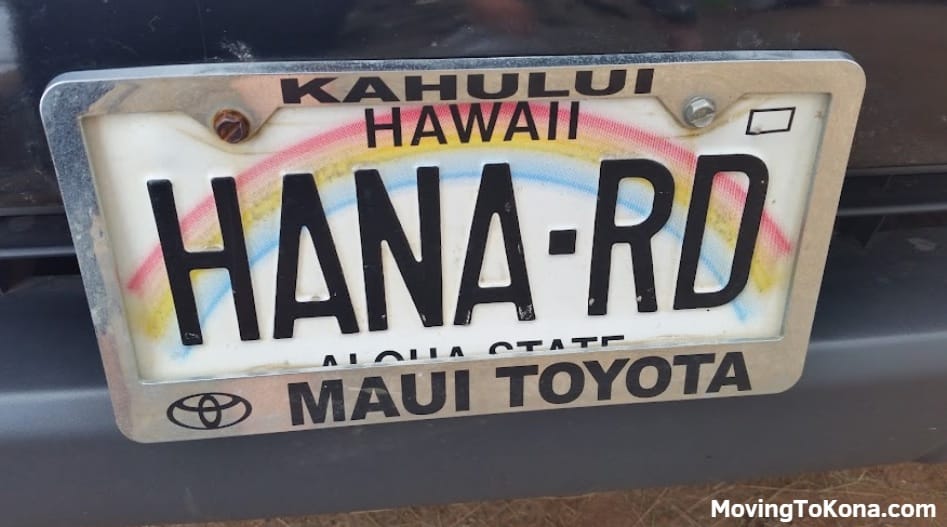
However, it’s important to keep in mind that traffic congestion is not unique to Honolulu or even Hawaii. Many large cities on the mainland, such as Los Angeles, New York, and Chicago, also experience heavy traffic during rush hour. So if you are used to driving in Honolulu, you may already have some experience dealing with traffic congestion.
Overall, while traffic congestion may be a downside of living in an urban area like Honolulu, it’s important to remember that it’s not an insurmountable problem. With some planning and preparation, you can find ways to minimize the impact of traffic on your daily life.
7. Adaptation to the Local Culture
Moving from Hawaii to the mainland can be a big adjustment, and one potential challenge is adapting to a new local culture. Some people may struggle to adapt to the unique Hawaiian culture, which is influenced by a blend of indigenous Hawaiian, Polynesian, and Asian cultures.
Hawaiian culture is known for its emphasis on family, community, and respect for the land and sea. The concept of aloha, or love and affection, is also an important part of Hawaiian culture. These values are reflected in the customs, traditions, and way of life in Hawaii.
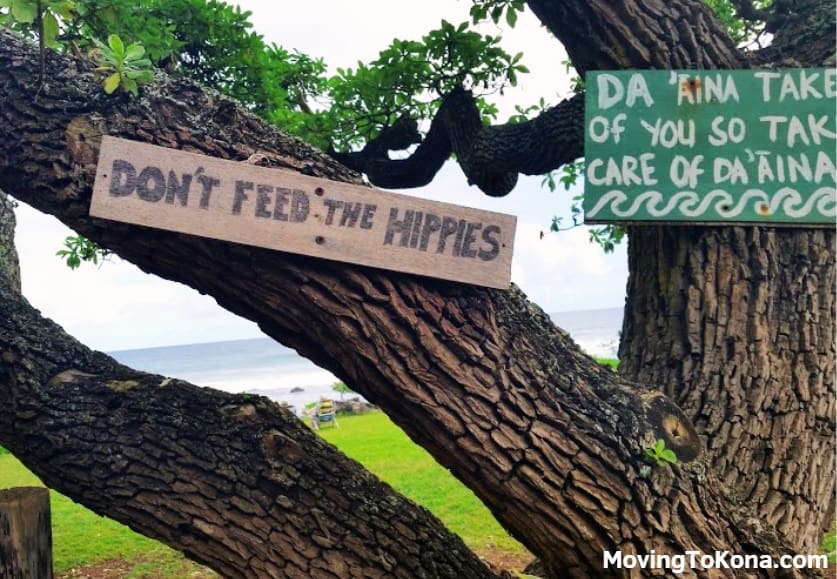
When moving to the mainland, it’s important to be open-minded and respectful of the local culture. Every region has its own unique customs and way of life, and it may take some time to adjust and feel comfortable in a new environment.
One way to adapt to a new culture is to learn as much as you can about the local customs and traditions. This can include reading books, watching videos, and talking to locals about their experiences. Joining community groups and attending cultural events can also be a great way to immerse yourself in the local culture and make new connections.
It’s also important to be patient and give yourself time to adjust. Moving to a new place can be overwhelming, and it’s normal to experience culture shock or homesickness. However, with time and effort, you can learn to appreciate and enjoy the unique aspects of the local culture.
In summary, adapting to a new local culture can be a challenge when moving from Hawaii to the mainland. However, by being open-minded, respectful, and willing to learn, you can successfully navigate this transition and embrace the new culture.
8. Weather
Moving from Hawaii to the mainland can also bring about changes in weather, and some individuals may miss seasonal changes and prefer mainland climates. Hawaii has a tropical climate with warm temperatures and relatively consistent weather patterns throughout the year.
In contrast, the mainland has a wide range of climates, from arid deserts to snowy mountain ranges, and experiences distinct seasonal changes. Depending on where you move to on the mainland, you may have to adjust to colder winters, hotter summers, or more dramatic changes in weather patterns.
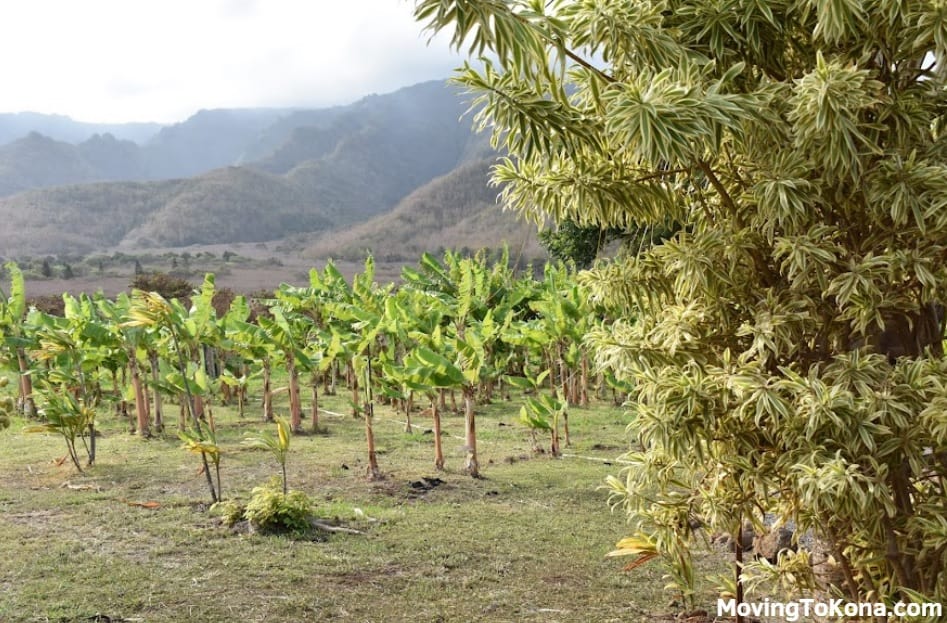
While some people may miss the warm, sunny weather of Hawaii, others may enjoy the variety of climates and seasonal changes on the mainland. For example, if you move to a region with a colder climate, you can enjoy winter sports like skiing or snowboarding, which are not available in Hawaii.
It’s important to consider the weather patterns in the area you are planning to move to and prepare accordingly. If you are moving to a region with colder winters, you may need to invest in warm clothing and winter gear. On the other hand, if you are moving to a region with hotter summers, you may need to prepare for high temperatures and sun exposure.
Overall, while some individuals may miss the consistent weather patterns of Hawaii, others may find the seasonal changes and variety of climates on the mainland to be a welcome change. It’s important to be prepared for the weather patterns in your new location and make adjustments as necessary.
9. Education
Moving from Hawaii to the mainland can also affect access to educational resources and institutions. Hawaii has a relatively small population, and some individuals may find that educational opportunities are more limited compared to larger cities on the mainland.
Hawaii has a number of excellent educational institutions, including the University of Hawaii system, which includes several campuses across the state. However, if you are moving to a smaller town or rural area on the mainland, access to educational resources and institutions may be more limited.
In addition, the cost of education may also vary depending on where you move to on the mainland. Tuition rates at public universities may be significantly higher in some states compared to Hawaii, and private universities may also be more expensive.
If you are concerned about access to educational resources and institutions, it’s important to do your research before making the move. Look into the schools and universities in the area you are planning to move to, and consider factors like tuition rates, academic programs, and extracurricular activities.
You may also want to explore online educational resources, which can provide access to high-quality educational materials and courses regardless of your location. Online education has become increasingly popular in recent years and may be a viable option for individuals living in areas with limited access to traditional educational institutions.
Overall, access to educational resources and institutions may be more limited when moving from Hawaii to the mainland, depending on where you move to. However, by doing your research and exploring alternative educational options, you can still access high-quality educational opportunities and pursue your academic goals.
10. Healthcare
Moving from Hawaii to the mainland can also affect access to healthcare services, especially for individuals who require specialized care. Hawaii has a relatively small population and limited healthcare infrastructure, which can make it difficult for some individuals to access the care they need.
If you are moving to a smaller town or rural area on the mainland, access to specialized healthcare services may also be limited. In some cases, you may need to travel to a larger city or metropolitan area to receive the care you need.
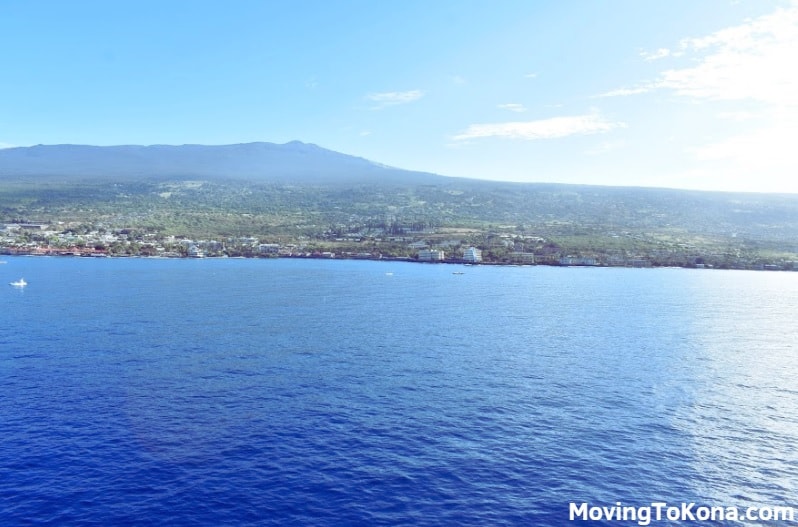
It’s important to research the healthcare infrastructure in the area you are planning to move to and ensure that you will have access to the care you need. This may include researching healthcare providers and facilities, understanding insurance options, and considering the cost of healthcare in the new location.
In addition, if you have a preexisting medical condition or require ongoing care, it’s important to talk to your healthcare provider before making the move. They may be able to provide guidance on finding a new healthcare provider and ensuring continuity of care.
Overall, access to specialized healthcare services may be more limited when moving from Hawaii to the mainland, depending on where you move to. However, by doing your research, planning ahead, and communicating with your healthcare provider, you can still access the care you need and maintain your health and wellbeing.
